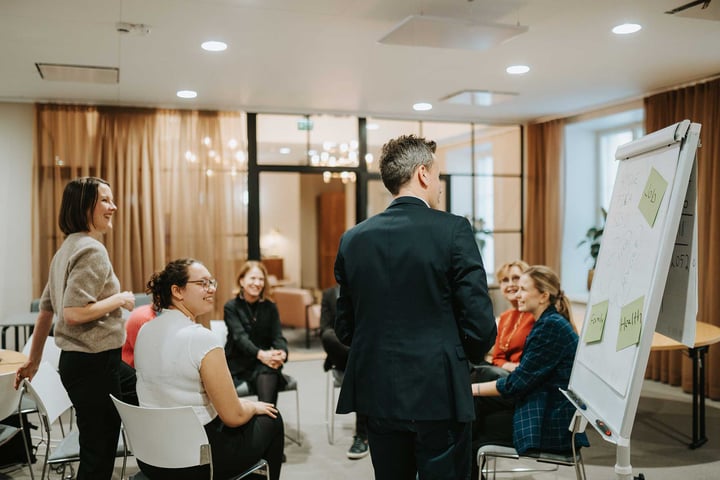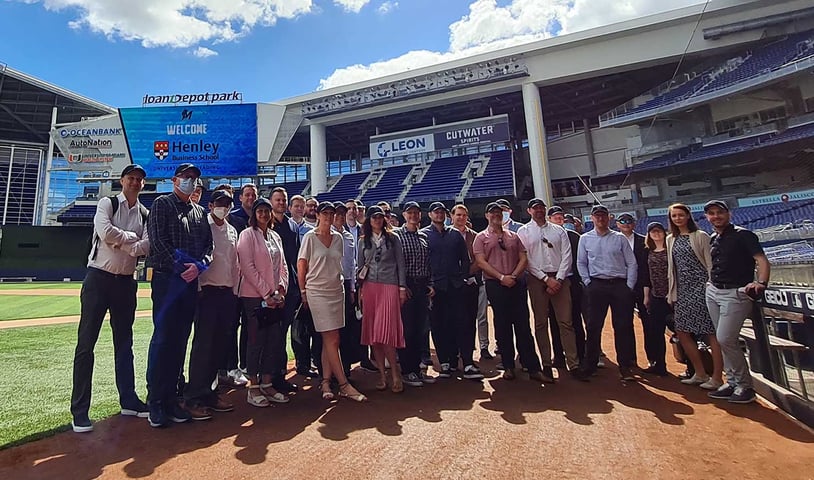Trends such as an ageing population and a changing world of work influence both the duration of our careers and how our careers will look in the future.
Artificial intelligence, automation and robotics are significantly transforming the way we work. Within this transformation, some jobs will be lost, many others will be created and almost everything will change. Therefore, today’s workforce needs to learn new skills and continually adapt as new changes and occupations emerge. The COVID-19 crisis has accelerated this transformation.
Professionals now need to come to terms with a new environment in which flexibility and adaptability have priority over job security, long-term employment and standardised roles and responsibilities. The traditional three-stage model of study, work and retirement is outdated and being replaced by continuous learning and personal growth.
According to a recent study from McKinsey (2021), the demand for cognitive, interpersonal and self-leadership skills will grow. In the cognitive area are key skills such as critical and agile thinking, adaptability and active listening. In interpersonal, the ability to inspire and empower people, to build trust and resolve conflicts as well as the importance of empathy were raised. Under self-leadership, key areas include self-awareness and self-management, the ability to drive change and innovation, and to cope with uncertainty.
The study also suggests that professionals with higher levels of education are better prepared for changes in the workplace.
Lifelong learning and adopting new skills, knowledge and abilities for personal and professional growth will be the only way to stay relevant in the future world of work.







